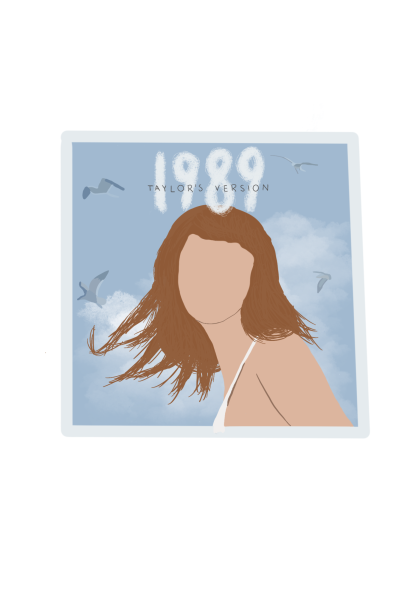Staff Editorial: Don’t ban books
December 17, 2021
A parent of a Northwest student recently asked for the removal of “All Boys Aren’t Blue” by George M. Johnson from the school’s library. The novel is a memoir of a Black queer man, as Johnson refers to themself, in which the author encourages Black and/or queer boys to not conform to their masculinity and racialized existence. One parent, or a thousand parents, blocking all students’ access to this book, or any book, is wrong.
This novel is being challenged in schools across the country, the most common reason is its inclusion of several depictions of homosexual relationships. High school libraries provide books with much more graphic scenes, but because those sexualized moments are between a man and woman, those books are seemingly questioned far less.
In the author’s note of “All Boys Aren’t Blue,” Johnson notes the universal teachings of the memoir and the necessity of each scene, saying, “discussions at times may be a bit graphic, but nonetheless they are
experiences that many reading this book will encounter or have already encountered.”
Every sort of literature is meant to highlight different aspects of human culture. The exclusion of certain material because it does not align with someone’s personal beliefs does not show equal acceptance of a diverse student body.
The school’s statements of diversity released last year was the community’s attempt to give voice to minority groups that have expressed their disappointment with the social climate at Northwest. Removing books from students’ access not only contradicts this promise to represent diversity among students, but sends a message that some perspectives are inferior.
When books are banned, knowledge is suppressed to shelter others from what someone deems as “offensive.” The decisions as to what should be included in our library should not be determined based on the opinion of a single person, but rather what will benefit the entire community. No one is forcing students to read this book; it is not part of any English class curriculum and is included in the library to be checked out by any student, only if that individual chooses to read it. What a person reads should not be of any concern to others.
To put it simply, censorship has no place in a library. High schoolers are more than capable of understanding literature and deciding what they should or should not read. Personal concerns about library content should be addressed individually between parents and their child, not forced upon an
entire school community. The censoring of literature takes away students’ right to learn about issues that affect them. Banning this book or similar content is not the solution, but rather a cowardly avoidance
of “uncomfortable” topics. The presence of unknown experiences should not be a cause for concern, but rather a bridge toward growth.
Banning a book, for whatever reason, is wrong.








